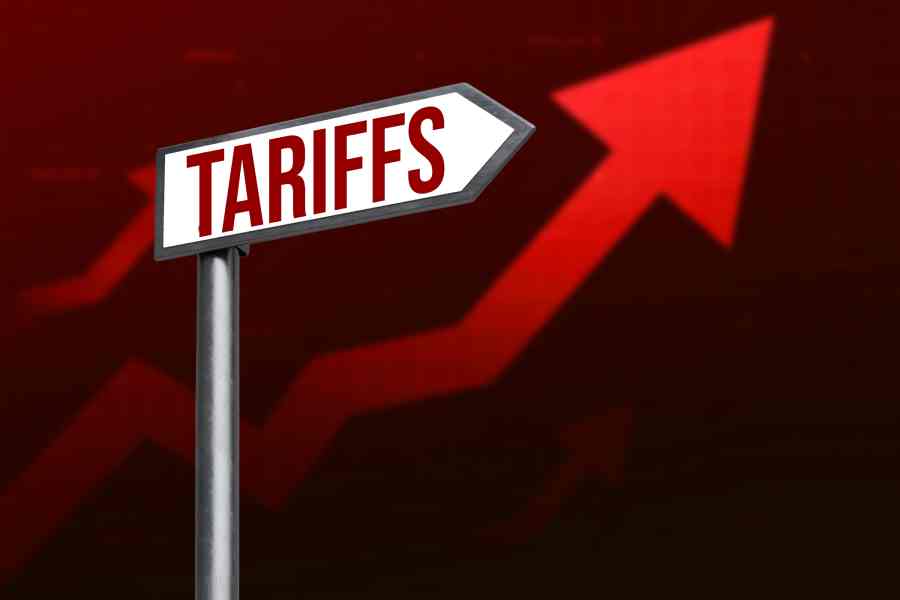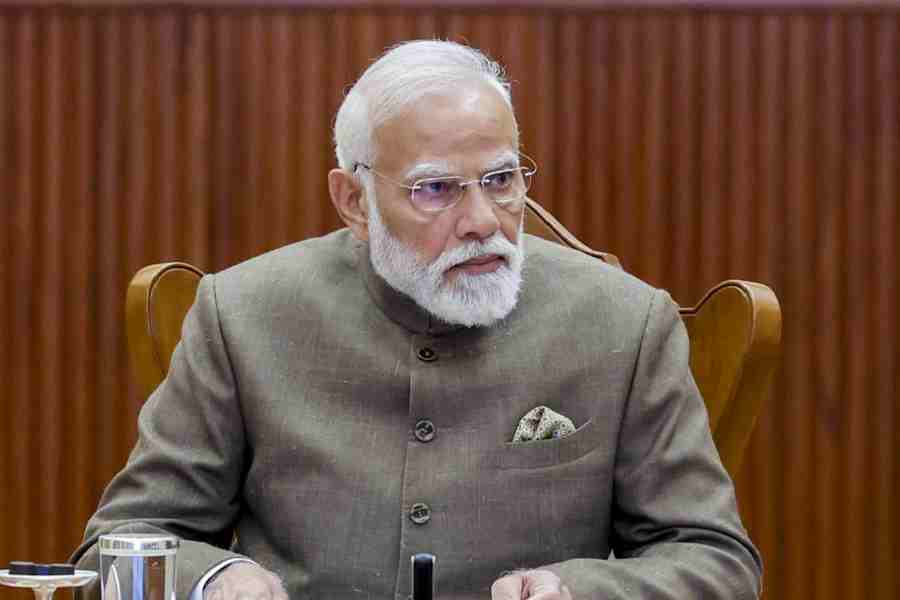If US president Donald Trump walks the talk on reciprocal tariff, export intensive sectors such as agriculture, precious stones, chemicals, pharmaceuticals, medical devices, electrical and machinery may face significant challenges in the new global order, several experts have observed in the run up to the US’s new tariff regime.
Trump has said the tariff announcements, scheduled for early morning Thursday (India time), will amount to a ‘Liberation Day’ for the US, giving a big push to its manufacturing sector.
In case of countries such as India — one in the list of “Dirty 15”, described by US Treasury Secretary Scott Bessent as the 15 per cent of the country’s trading partners — the additional customs duties may be imposed due to the high tariff differential, the difference between import duties levied by the US and India on various products.
The extent of impact — unclear till the announcements are made — will be across industries. The gap is 32.37 per cent on agriculture, meat and processed foods, 23.1 per cent for vehicles and auto components, 13.3 per cent for diamonds, gold and jewellery, 8.6 per cent for chemicals and pharmaceuticals, 7.2 per cent for electronics, 5.6 per cent for plastics and 1.4 per cent for textiles and clothing among others.
Shrimp, which is a key export to the US, is expected to become significantly less competitive.
With buyers in the US already holding fresh orders among uncertainties, the impact of the reciprocal tariffs could reflect in the country’s exports as early as the first quarter of 2025-26, feel experts.
“Already, our exports have anti-dumping and countervailing duties in the US. The additional hike in tariffs will make us uncompetitive. Out of India’s total shrimp exports, we ship 40 per cent to America,” Calcutta-based seafood exporter and MD of Megaa Moda Yogesh Gupta told PTI.
He said Indian exporters may get some relief if the US imposes similar tariffs on competitor countries — Ecuador and Indonesia.
Dairy products, with exports worth $181.49 million, could be “severely” affected by a 38.23 per cent differential, “making ghee, butter, and milk powder costlier and reducing their market share in the US”, GTRI founder Ajay Srivastava said.
“We are keeping our fingers crossed because of the unpredictability of the Trump administration at the tariff front. But if it is imposed, it may affect initially, but not in the longer run. The whole burden, though, will be on American consumers,” Mumbai-based engineering exporter S.K. Saraf said.
FIEO view
The Indian exporters are “very” concerned about the possible reciprocal tariffs of the US, as it could severely hurt MSME shipments to America in the short run, Federation of Indian Export Organisations president S.C. Ralhan said.
He said that beyond a 10 per cent reciprocal tariff, small exporters could be impacted.











